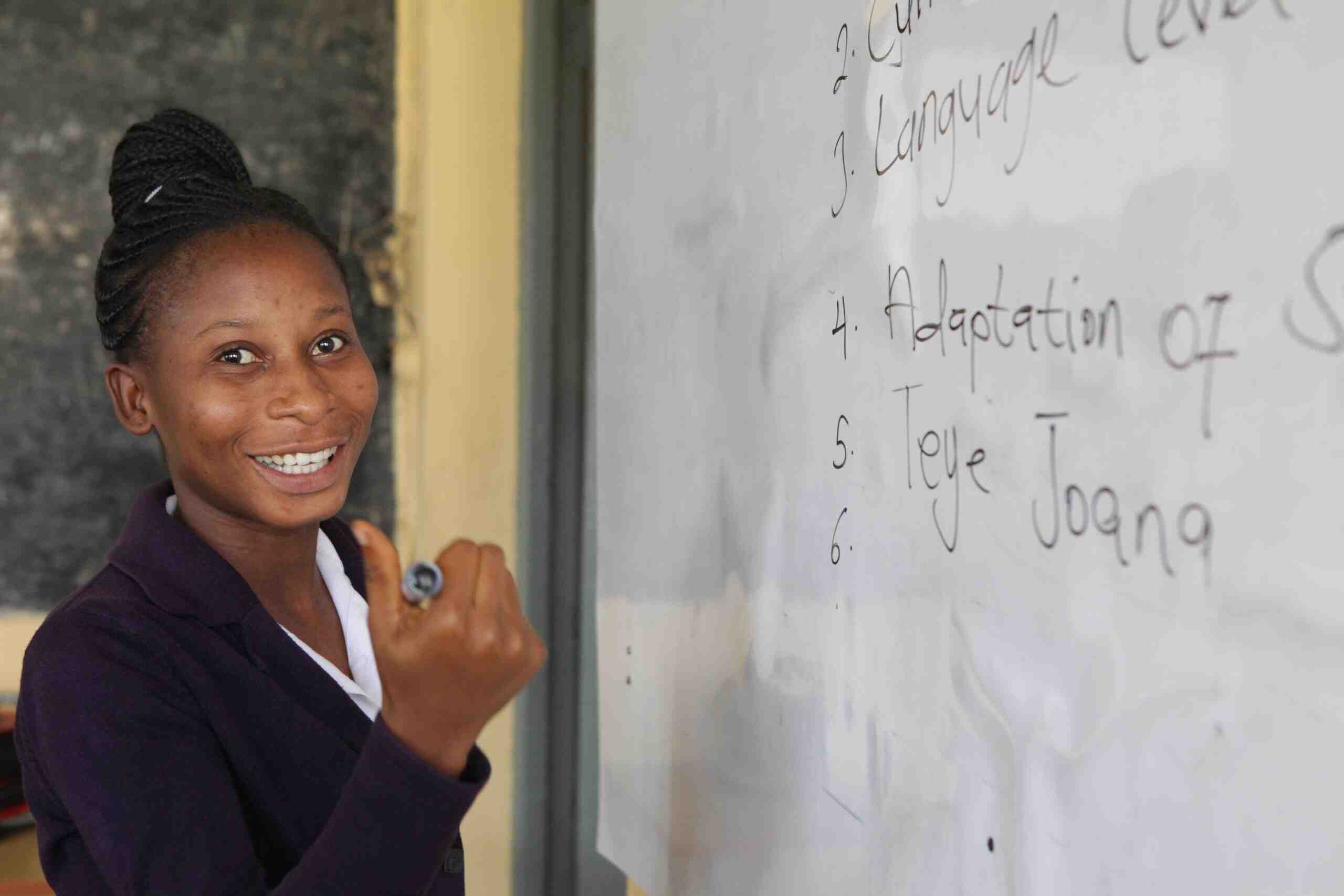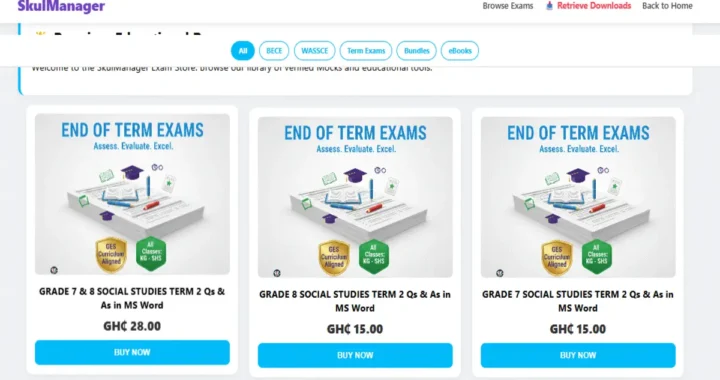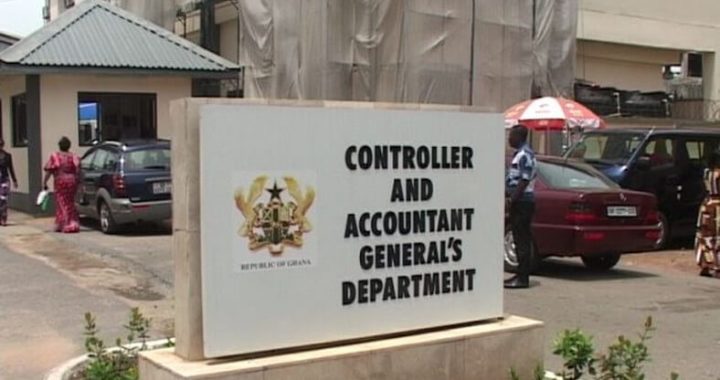Government’s Investment in Teacher Training Goes to Waste Amid Unemployment

The government’s investment in teacher training goes to waste amid the unemployment of Teachers who have completed their 4-year degree programmes.
The government’s delay in providing the Ministry of Education with the needed financial clearance that will permit the Ghana Education Service to recruit and post these teachers is frustrating the educators, whose skills, training, and usefulness to the country and learning are going to waste.
Although these teachers have completed their four-year Bachelor of Education (B.ED.) programme in the colleges of education as well as the one-year mandatory National Service and have passed the NTC licensure exams, they have not been given any assurance of when they will be employed.
The longer they stay out of the classrooms and are not recruited into public schools, the more rusty they become.
Investing in teachers is widely recognised as an investment in the future. Yet, currently, all investments made by the government in training teachers for our public basic schools are going to waste. This indeed paints a troubling picture. This situation raises critical questions about the disconnect between teacher training and job opportunities and the potential consequences for both educators and the education system as a whole.
READ: Teachers demand immediate posting after completing 4-year degree
Although these teachers meet all the recruitment requirements of the government and are better equipped with pedagogical skills, failure by the government to employ them means investments in their education are not being utilised by the government.
The situation is not about the limited job openings but rather the budgetary constraints. Since the Ministry of Finance has not given clearance, the MoE cannot on its own recruit and post teachers through the GES, even if our public schools lack teachers.
declining student enrollment or hiring freezes in certain regions can create teacher oversupply, leaving trained individuals without jobs.
The 4-year degree-holding trained teachers demanding immediate posting called on the MoF to provide the needed clearance to the MoE so that can be posted by the GES.
“We, therefore, call on the Ministry of Finance to grant us financial clearance and the Ministry of Education, as well as the Ghana Education Service, to expedite actions by opening the portal for us to be recruited by the first week of March so that the skills, knowledge, competencies, and resources the state has invested in training us do not go in vain,” the statement added.
The Consequences:
Wasted resources: Public funds invested in training programs go unused, while individuals saddled with student debt face unemployment.
Demotivated workforce: Unfulfilled expectations and lack of opportunities can lead to teacher burnout and attrition, impacting the quality of education.
Exacerbated teacher shortages: Unfilled positions in high-need areas create unequal access to quality education, widening educational gaps.
Moving Forward:
Addressing the teacher unemployment issue requires a multi-pronged approach. Collaboration between government agencies, the Ministry of Finance and the Ministry of Education is crucial if the current issues can be resolved.
By investing not just in training, but in creating sustainable opportunities for qualified teachers, we can ensure that every child has access to a quality education and build a brighter future for all.
By working together, we can create a system that values and empowers teachers, ensuring their skills and dedication benefit the education of future generations.




 Terrorist Attack Ghanaian Tomato Traders in Burkina Faso
Terrorist Attack Ghanaian Tomato Traders in Burkina Faso  New Term 2 End of Term Question: Nursery to Grade 8 Exam Packs (2026)
New Term 2 End of Term Question: Nursery to Grade 8 Exam Packs (2026)  Why MTN Ghana’s Ghs399 Bundle is the Best Data Deal in 2026
Why MTN Ghana’s Ghs399 Bundle is the Best Data Deal in 2026  CAGD Salary Suspension 2026: Deadlines and Actions for Affected Staff
CAGD Salary Suspension 2026: Deadlines and Actions for Affected Staff